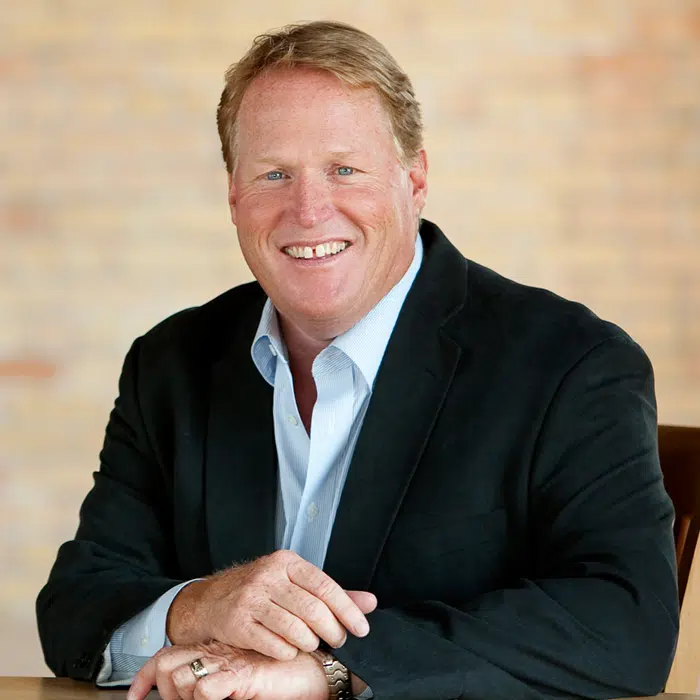By Laila Kearney
HOUSTON (Reuters) – The rapid development of AI data centers is intensifying concerns about how well an aging U.S. electrical grid can hold up to that demand, energy executives and regulators said at the CERAWeek conference in Houston this week.
The build-out of Big Tech’s giant computer warehouses, which at a single site can consume as much power as a mid-sized U.S. city, is propelling U.S. electricity consumption to record highs. Government agencies project data center demand will triple within the next three years, consuming 12% of the entire U.S. power supply.
“What we’re seeing today is unprecedented growth and the challenges the grid is facing are getting more pronounced,” Samir Vora, a senior power generation executive at Mitsubishi Power Americas, said in an interview.
Even as electricity demand swells, generators that run on fossil fuels are retiring. New generation and power lines often toil for years in interconnection queues, tightening the delicate supply-demand balance needed to avoid blackouts.
“When it comes to the reliability of the electric grid, we have a rendezvous with reality,” Mark Christie, who leads the Federal Energy Regulatory Commission (FERC), said at the conference on Thursday.
Christie said that reality has become the most stark in the country’s biggest electrical grid, PJM Interconnection, which covers 13 states and the District of Columbia.
PJM’s service area has the world’s largest concentration of data centers, with member state Virginia routing about 70% of global internet traffic through the state. In its latest capacity auction, PJM announced prices that were more than 800% higher than the previous year, with the grid operator citing rising demand and shrinking supply.
“I’m optimistic that this is a solvable problem but it is certainly not a trivial problem,” Manu Asthana, CEO of PJM, said on a panel discussion.
PJM projects its peak demand to grow from 152 gigawatts to 184 gigawatts by 2030, with nearly all of the additions coming from data centers, Asthana said.
Without the quick addition of new power supply, supply and demand pinches will increasingly expand to other parts of the country, FERC’s Christie said.
“It’s going to become more stark in other multi-state regions, too,” he warned.
(Reporting by Laila Kearney; Editing by Liz Hampton)




Comments